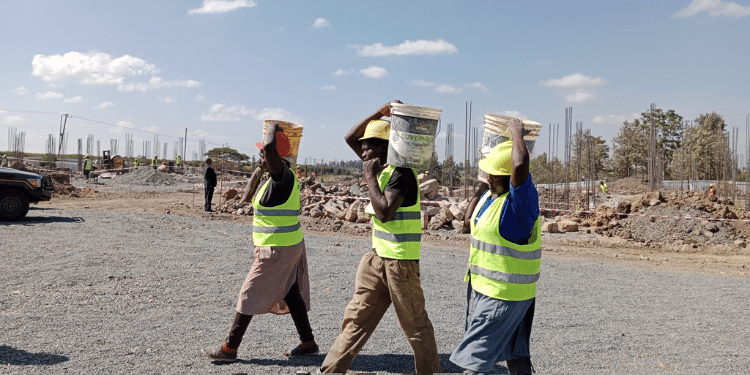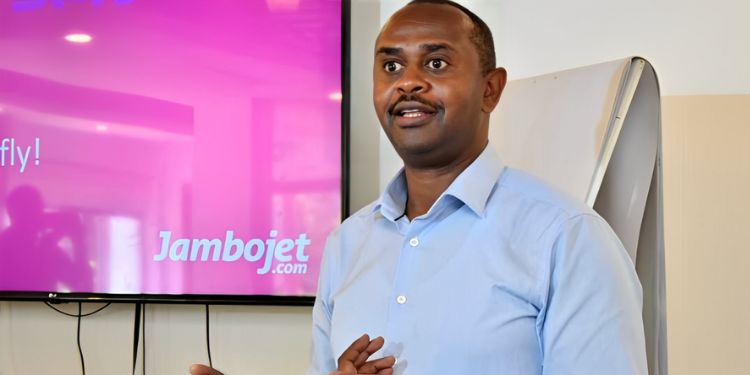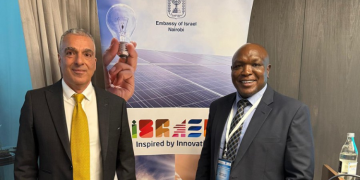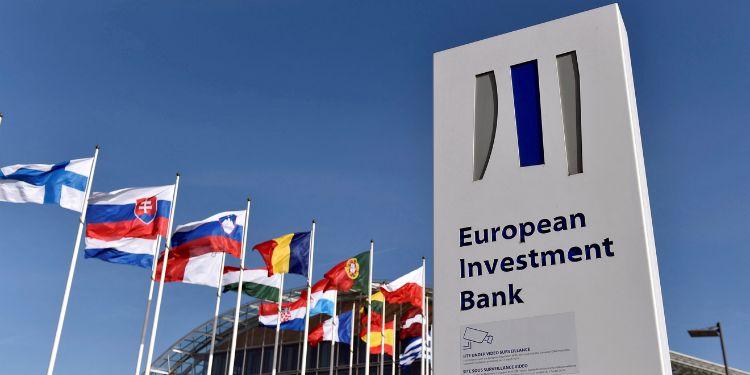Over 600 affordable houses are rising in Nairobi as the European Investment Bank (EIB), through its development arm EIB Global, invests Ksh3.2 billion into houses in Nairobi.
According to the bank, the move is part of a plan to provide green, climate-friendly homes for low- and middle-income Kenyans.
In an August 7 statement, the European Investment Bank noted that the new green housing fund is rolling out units that promise both affordability and sustainability.
One of the flagship projects, Muzi Stawi in Nairobi’s Garden City along Thika Road, is already 90% complete, with more than 200 one- and two-bedroom units expected to be ready by October 2025.
Also Read: Boost for Africa as European Investment Bank Commits $50 Million
Further, the bank indicated that the bigger goal is to deliver about 4,000 green-certified homes by 2030, targeting low- and middle-income Kenyans.
Many of them have been priced out of the formal housing market for years.
“Our investments reflect our ambition to redefine what affordable housing can be. “We’re not just putting up buildings, we’re promising that affordability and quality can co-exist,” said Kioi Wambaa, IHS Kenya’s Managing Director.
European Investment Bank on Ongoing Projects
IHS has already secured three project sites, Tilisi, Garden City, and Mashiara Park, with 664 homes currently in progress and another 2,600 units in the pipeline across Nairobi and Kiambu.
According to the statement, the Kenya Population and Housing Census reveals that over 7 million urban households live in informal settlements, many with no hope of owning or renting a decent home.
However, despite the push for affordable housing, only 2% of formally built houses in Kenya cater to the low-income market. This is according to a report by the Kenya Institute for Public Policy Research and Analysis.
Also Read: Stanbic Invests Ksh78.2 Billion in Trade, Housing, and Solar Energy
Therefore, the EIB’s development wing, EIB Global, is filling the gap. The bank’s support includes technical expertise and partnerships that accelerate housing delivery in ways that are both climate-smart and people-centered.
“We’re working with local experts and policymakers to improve living standards, cut energy costs, and support green urban growth,” said Edward Claessen, Head of the EIB Regional Hub for Eastern Africa.
The buildings are also environmentally friendly. Buildings are responsible for 30% of global greenhouse gas emissions, according to UNEP.
The new homes under the IHS Kenya Green Housing Fund are designed with energy and water efficiency in mind.
So far, the fund has attracted Ksh12.3 billion (€83.4 million) in total commitments from Kenyan and international investors, which means that private capital is ready to fuel sustainable urban development.
Follow our WhatsApp Channel and X Account for real-time news updates.












































































